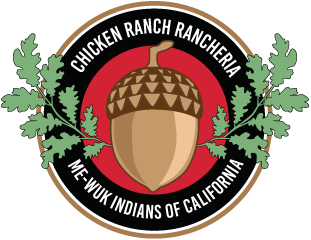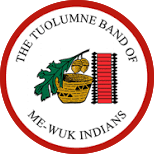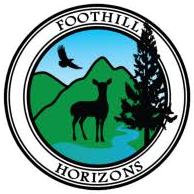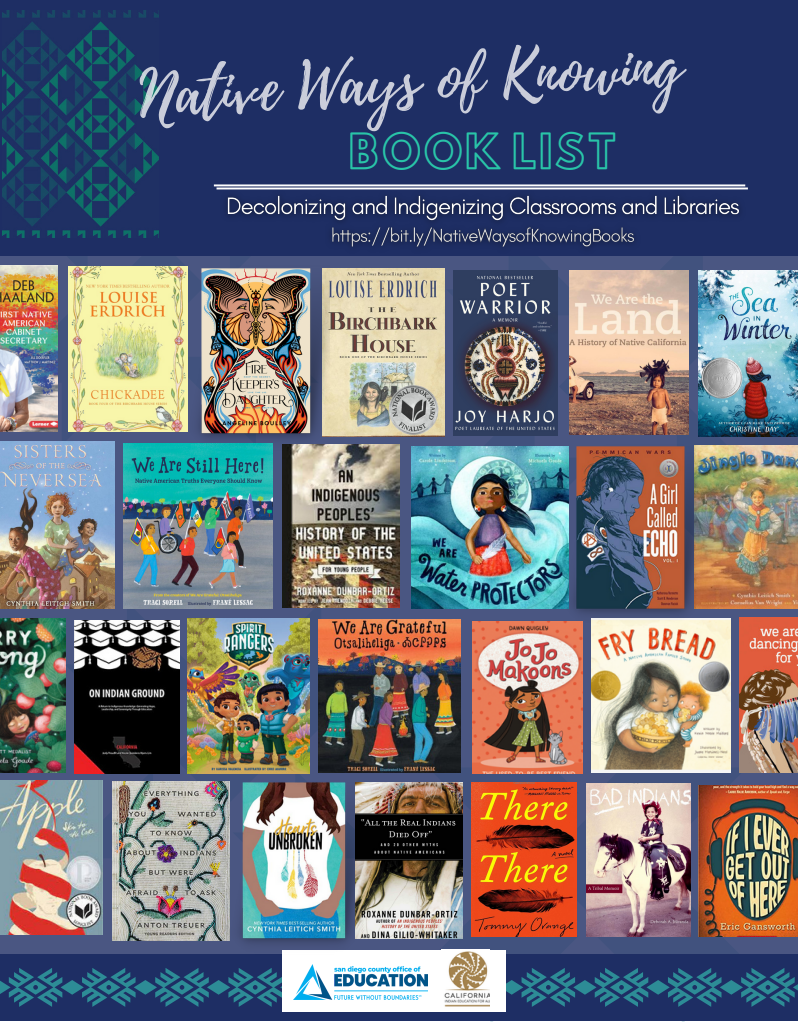Indigenous Peoples Learning Sessions
California
Indian Education For All
Empowering Teachers with Culturally Responsive Resources
The San Diego County Office of Education, the California Indian Museum and Cultural Center, and the California Indian Culture and Sovereignty Center partnered to create California Indian Education for All (CIEFA). CIEFA’s efforts are centered around helping teachers and schools educate students about the diverse contributions, histories, and cultures of California Native peoples. Teachers can access open source culturally responsive resources and place-based Native American Studies curricula that improve representations and classroom climates for teaching and learning about California’s first peoples.
TCSOS
Lending Library
Contact Diana Harford @ TCSOS with questions about borrowing the following titles.
Books &
Reading Lists
Classroom
Resources
Native American Studies Model Curriculum
Seven Essential Understandings for California Indian History and Culture
- 7 Essential Understandings for California Indian History and Culture
- 6Ps: Approaches to California Indian Education for All
Native Land Digital Map
The map does not represent or intend to represent the official or legal boundaries of any Indigenous nations. To learn about definitive boundaries, contact the nations in question.
California Indian Education For All (CIEFA) Resource Guide
CDE Model Curriculum Projects
California Indian Education For All (CIEFA) Classroom Resources By Topic
California Indian Museum and Cultural Center
The Museum provides California Indians and the public with a first class museum facility in which to portray California Indian history and culture from an Indian perspective. In addition, the museum showcases and encourages the present-day renaissance of California Indian culture, affirming its survival and continued vitality in the face of extreme adversity. Finally, the museum provides opportunities for Native Americans to receive training and experience in a variety of fields such as museum direction, curation, design, and interpretation.
Traditional Ecological Knowledge (TEK)
The lessons are a series of readings and discussions and a hands-on activity. They are aimed at upper elementary and early middle school and fit the NGSS standard 5-ESS3-1 Earth and Human Activity Obtain. They combine information about how individual communities use science ideas to protect the Earth’s resources and environment.
- Traditional Ecological Knowledge Science & Management (Jr. High Curriculum)
The California Indian History Curriculum Coalition
The California Indian History Curriculum Coalition (CIHCC) is a group of educators, tribal scholars, and native activists who promote the creation, adoption, and implementation of California Indian-vetted curricula.
The resources on this page support our commitment to public/private school educators focused on infusing a California Indian voice into the content of what our children learn in school. Please use the Curricula & Lesson Plans provided below, organized by tribal identity.
East Bay Park District: Ohlone Curriculum with Bay Miwok Content and Introduction to Delta Yokuts (3rd grade)
Largely based on primary documents, some never published, the student content includes photos and quotes of more than 50 Ohlone, Bay Miwok, and Delta Yokuts of all ages.
Parks Online Resource for Teachers and Students (PORTS)
- Santa Cruz Mission State Historic Park: Ohlone Lifeways and Santa Cruz Mission (grades 3-12)
- Indigenous Culture Sharing on the North Coast at Chah-pekw”O-Ket’-oh Visitor Center (grades 6-12)
- All About Acorns: A California Staple (grades K-8)
- “We are Water Protectors” Story Time! (grades K-3)
Advocacy & Water Protection in Native California Curriculum (high school) Salmonids in the Classroom Project
collaboration with Save California Salmon, Humboldt State University Department of
Native American Studies, Klamath/Trinity Unified School District Indian Education
Program, Pathmakers Progam at Humboldt County Office of Education/Blue Lake Rancheria, Yurok Tribe’s Visitor Center.
The Three Sisters
Orange Shirt Day: September 30th
Indigenous People’s Day
The following resources will support educators in providing access for culturally relevant and respectful learning experiences in the classroom. Utilize these resources in the continuous journey to decolonize classrooms by creating spaces that are inclusive, respectful, and honor Indigenous Peoples.
Native American History Month
Native American History Month is a time dedicated to recognizing the rich histories, diverse cultures, and significant contributions of Native peoples in the United States. It serves as an opportunity for education, reflection, and celebration of the myriad traditions and achievements of Indigenous communities nationwide, fostering greater understanding and respect for their heritage and ongoing influence in American society.
Thanksgiving
Thanksgiving is traditionally celebrated as a day of giving thanks for the blessing of the harvest and the preceding year. It is a time for gathering with family and friends to share a meal and express gratitude. However, it is also important to acknowledge the complex history associated with Thanksgiving, including the impact on Indigenous peoples and cultures in North America. This awareness promotes a more inclusive and respectful celebration that honors the diverse histories and contributions of all communities.
- Story of Survival: The Wampanoag and the English (TK-4th grades)
TCSOS Lending Library If You Lived During the Plimoth Thanksgiving (grades 3-6) - American Indian Perspectives on Thanksgiving (grades 4-8)
Rethinking Thanksgiving Celebrations: - Native Perspectives on Thanksgiving (grades K-12)
Bioneers
- Thanksgiving Curriculum and Activities (grades K-1)
- The Real Thanksgiving (grades 9-12)




